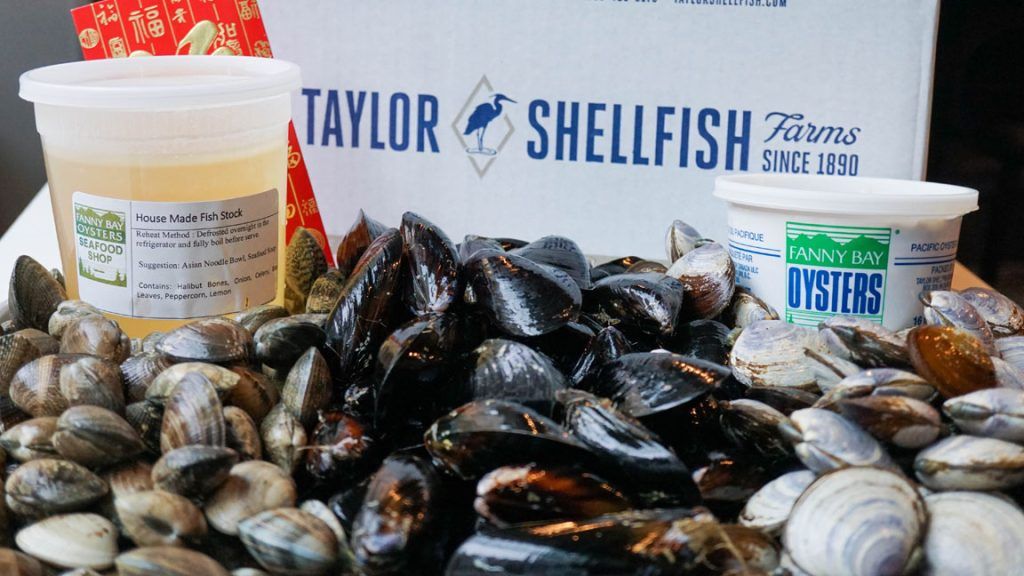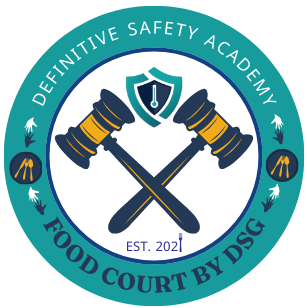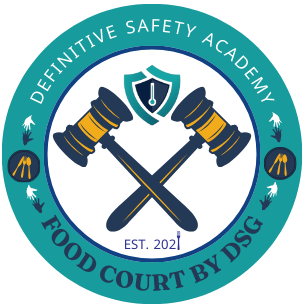On July 24, 2025, the U.S. Food and Drug Administration (FDA) issued an important food safety advisory regarding frozen half-shell raw oysters from the Republic of Korea. These oysters, potentially contaminated with norovirus, are being recalled and must not be served, sold, or consumed. If you’re a seafood lover or work in the food industry, here’s everything you need to know.
1. What’s Happened?
Why the Concern? Norovirus Outbreak Risk

What Should Restaurants & Retailers Do?
What Should You Do if You Bought These Tomatoes?
What Should Consumers Do?
Conclusion
Latest from our blog
Contact Us
admin@thefoodcourtdsg.com
-
Get in Touch
-
5065 Deer Valley Rd, Ste 114 Antioch, California 94531
-
(925) 237-9095
admin@thefoodcourtdsg.com
-
Quick links
-
Home
-
About Us
-
Affiliate Program
-
Blog
-
Podcast
-
Top Courses
-
Elevating Food Safety Standards Globally

